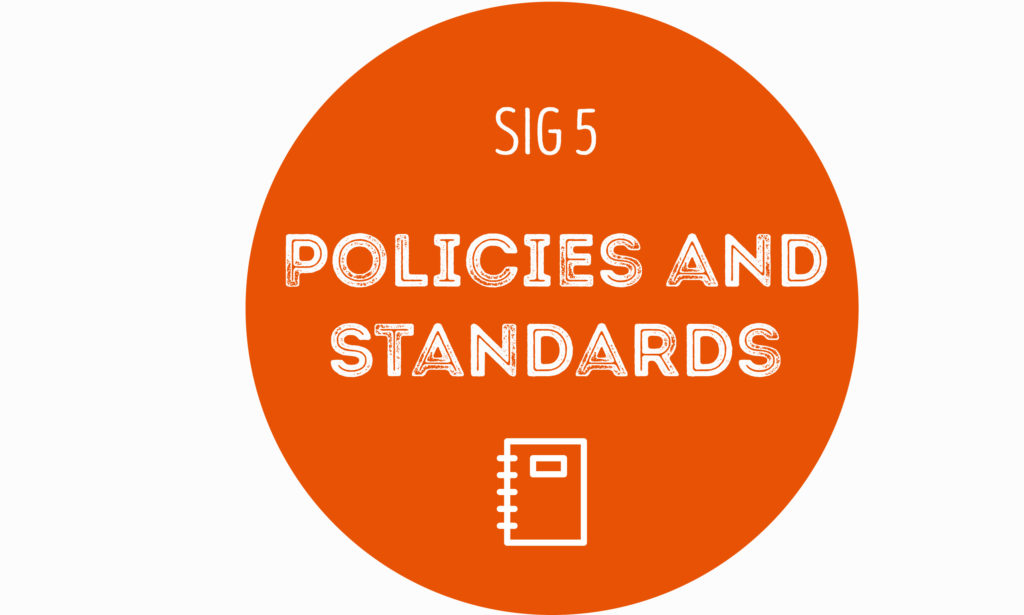Special Interest Group Policies and Standards
Policies and Standards will have a crucial impact on the applicability of dynamic and circular building design. BAMB investigated the impact of current legislation and standards on the implementation of circular and dynamic buildings at different Policy levels (from EU to local) and for different links in the value chain.
Contact
For any later information exchange please contact the individual BAMB partners or Caroline Henrotay – Project Manager and Technical Coordinator, Bruxelles Environnement – Leefmilieu Brussel, e-mail: chenrotay@leefmilieu.brussels
Interview with Caroline Henrotay, Brussels Environment
Brussels, January 24, 2017
Caroline, What role has Policies and Standards for what we are aiming for in BAMB?
A: Policies and regulations in member states and across the EU will have a crucial impact on the applicability of dynamic and circular building design and will influence our ability to transition to a circular economy – positively and negatively.
What is it that will be developed within this project?
A: Within the BAMB project we are investigating the impact of current legislation and standards on the implementation of circular and dynamic buildings at different Policy levels (from EU to local) and for different links in the value chain. This analysis and interactions with different stakeholders and policy platforms will lead to suggestions for the future development of policies and standards that will better favour the applicability of dynamic and circular building design.
How does this relate to already existing initiatives, like for example the CE package?
A: The Circular Economy package: Roadmap to a Resource Efficient Europe outlines how we can transform Europe’s economy into a sustainable one by 2050. It proposes ways to increase resource productivity and decouple economic growth from resource use and its environmental impact. Housing is identified as one of the sectors responsible for most environmental impacts. Key resources are analysed from a life-cycle and value-chain perspective. 3 action lines are proposed:
- Transforming the Economy
- Natural Capital and Ecosystem Services
- Tackling key sectors amongst which Buildings.
The Buildings As Materials Banks project aims to develop the tools to implement this roadmap and to support the transition from a linear economy towards a circular economy in the building industry and by doing so reducing the use of virgin resources and the production of waste.
With regards to the work done in the framework of policies and standards the aim is to investigate how specific policy instruments can support the implementation of this Roadmap and the results and tools developed within the BAMB project.
What kind of interaction with the stakeholders do you see as crucial to this work?
A: Policies and standards are having an impact on the circular and dynamic building activities of all the stakeholders in different links of the value chain. It is thus really important to involve the stakeholder to provide feedback reflecting their reality and vision regarding current and future policy instruments. Policies that at a first sight might be a great opportunity for certain stakeholders might actually hamper the circular and dynamic building implementation for others.
This is why the State-of-the-art report on policies and standards have been shared with all the stakeholder of the Policies and Standards Special Interest Group and we will continue to interact with the stakeholders from the Policies and Standards Special Interest Group as well as policy platform during the further developments.

